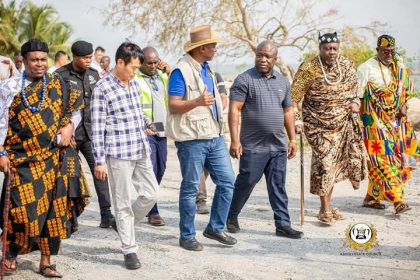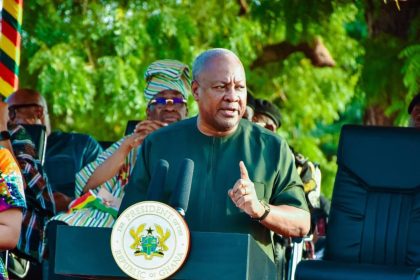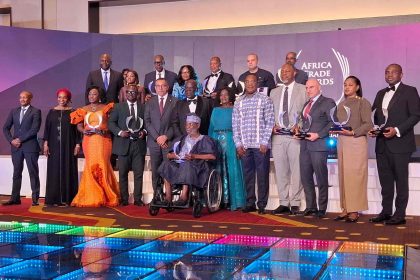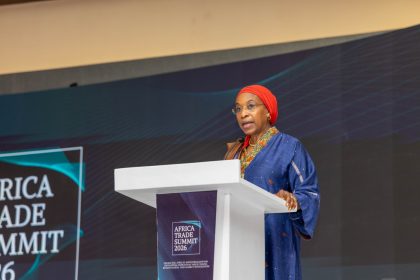A total of 937 out of 1,723 migrant returnees to Ghana in 2024 received economic support from the International Organisation for Migration (IOM) Ghana to foster economic resilience of the beneficiary returnees.
The support included vocational tools, equipment for income-generating activities and start-up kits to enable them start micro-businesses and promote financial sustainability.
This was contained in the IOM Ghana’s 2024 Annual Overview of Returns and Reintegration report, which presents a comprehensive review of returnee migration to Ghana.
The report highlighted the profiles of return migrants, their migration journeys and routes, and the reintegration assistance provided by the IOM Ghana throughout the year.
The report also indicated that a total of 630 returnee migrants received psychosocial assistance within the year under review to address the emotional and psychological needs of returnees.
The support included counselling services, trauma healing sessions, and community-based psychosocial initiatives to facilitate easy reintegration into family and community life.
Also, 73 returnees received social assistance, which targeted the most vulnerable returnees by providing them with temporary housing support, access to basic health care, educational support for dependents, and referrals to social welfare services to enable them stabilise their return.
On reintegration, the report indicated that “In 2024, IOM provided substantial support to returning migrants through a total of 1,222 reintegration activities,” including microbusiness initiatives, psychosocial counselling and vocational skills training.
The IOM employed the Assisted Voluntary Return and Reintegration (AVRR) and Voluntary Humanitarian Return (VHR) approaches to the return and reintegration to ensure that return migration was safe, voluntary, dignified, and sustainable.
At a recent capacity-building training for journalists and other media practitioners in northern Ghana organised by the IOM, the report observed with worry the high rate of irregular migration.
It emphasised the need for migrants to go through regular means of migration to ensure their dignity and safety.
The training, which focused on an accurate, ethical, and human-centred approach to migration reporting, was in recognition of the media’s role in educating and sensitising the public on the dangers of irregular migration.
It was under the “ATUU – A Ghanaian-European Safe and Prosperous People’s Mobility Project on Migration Governance” project with support from the European Union Delegation in Ghana.
Dr Stephen Tindi, a Lecturer at the University of Media, Arts and Communication (UNiMAC), mentioned some drivers of migration, including economic, social, political and environmental factors, referencing the IOM Ghana report.
According to the report, economic drivers dominated the motivations for migration with about 60 per cent of the returnees saying they left Ghana in search of better employment opportunities.
The report also said 51 per cent of the returnee migrants said they left due to unstable living conditions in Ghana, while 49 per cent said they left due to unemployment.
Dr Tindi, therefore, urged the media to be well-informed about migration issues for effective reporting to dispel perceived greener pastures outside Ghana and to encourage regular migration if they must migrate.






